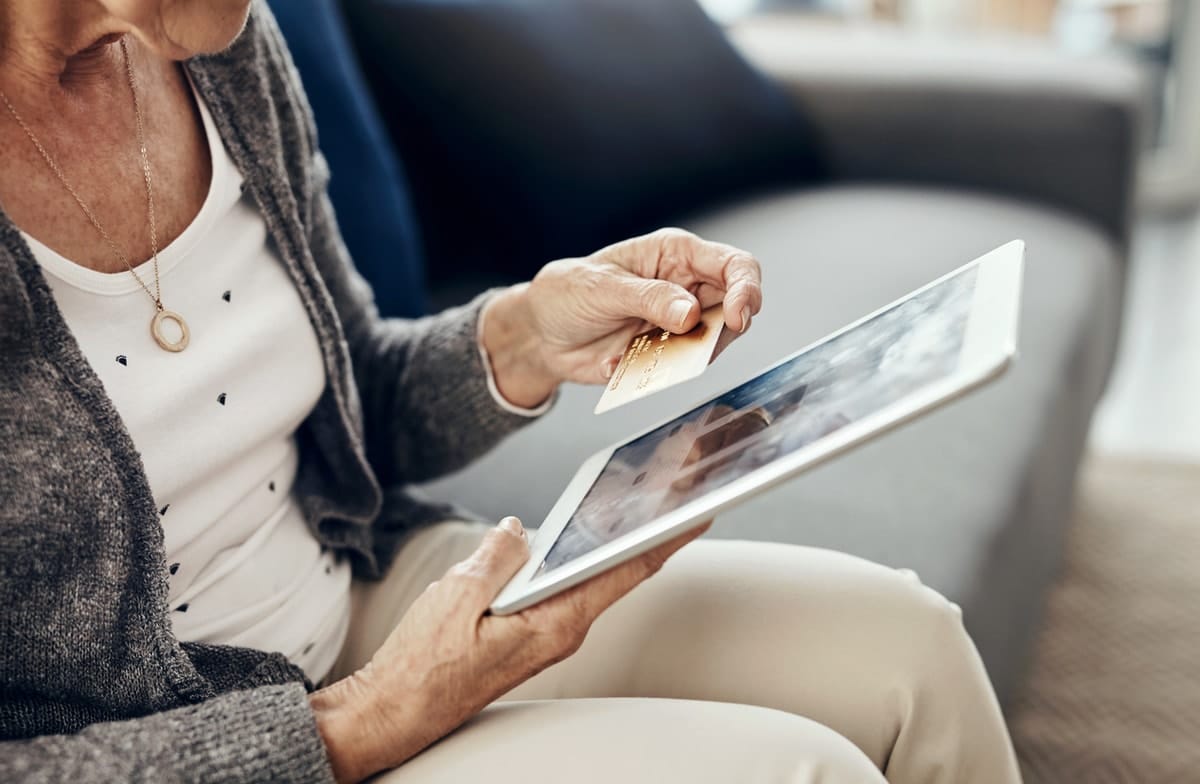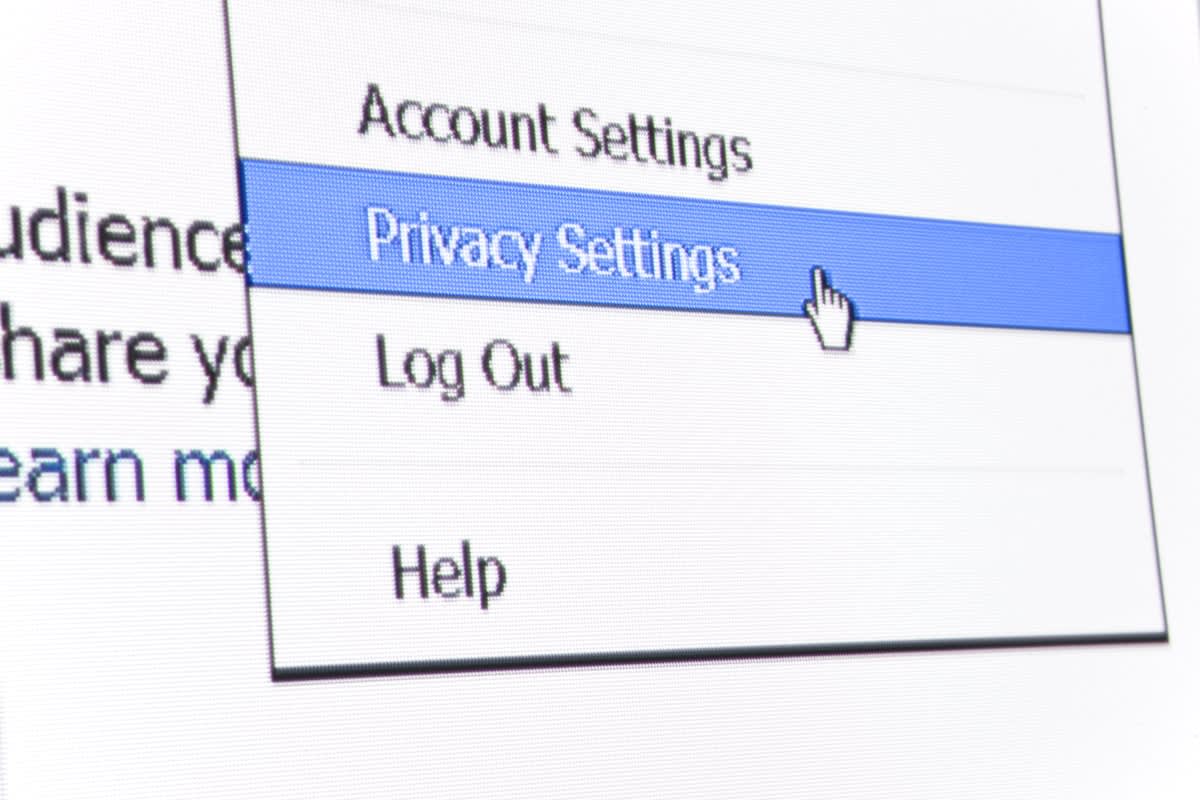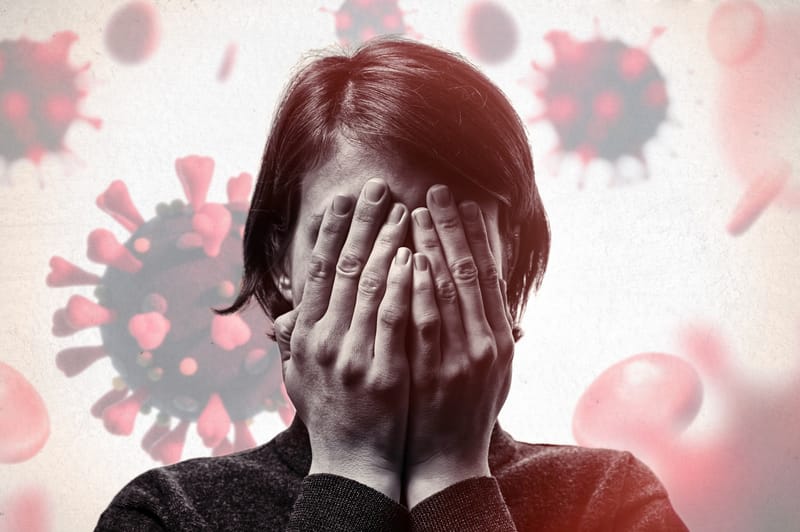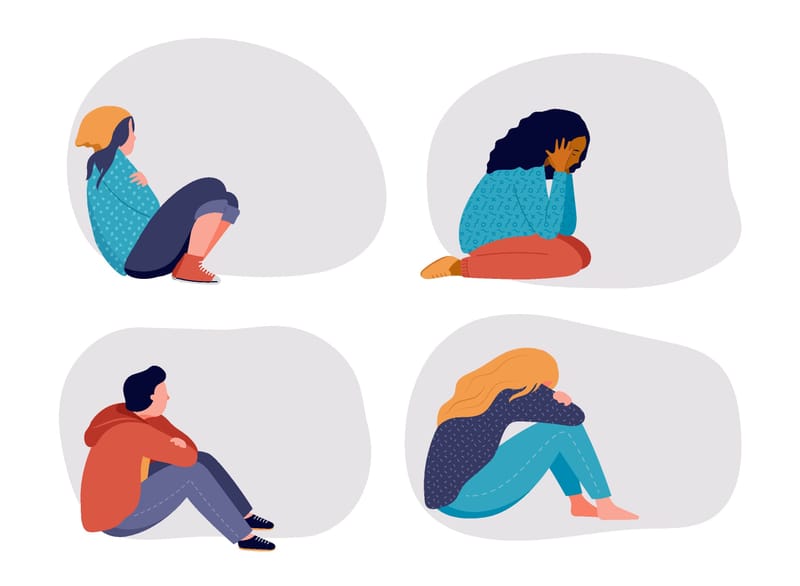
Before COVID-19 made internet video chats part of our daily work routine, Alan Petersen was researching what’s gained and lost when patients use digital technology to connect with one another.
The sociology professor’s particular focus was people with chronic illness, and how they find community among fellow sufferers via chat rooms and Facebook groups.
Some of these illnesses (such as HIV/AIDS) have a social stigma attached, while others have symptoms such as chronic pain that can be isolating because people don’t like to talk about it.
“The promise of digital technologies is that we can have 24/7 connection, anywhere, anytime,” he says. “That's a pretty big promise. And, of course, for many people it might be the only available means of social connection. But is it sufficient? Is it the same as the human immediacy that we have from face-to-face interactions? Can it ever substitute?” he asks.
Millions of able-bodied people have also been forced to ask themselves these questions, courtesy of COVID-19.
Professor Petersen’s research explored patients’ use of digital media in a study combining more than 300 online surveys and more than 50 interviews involving patients, carers, activists and advocates.
The technology certainly provides benefits, he says, but the people he interviewed were also aware of its drawbacks.
“There's a great lack of clarity in research about the value of digital technologies in either overcoming or exacerbating the experiences of loneliness, because it's an unresolved question.”
“There's a great lack of clarity in research about the value of digital technologies in either overcoming or exacerbating the experiences of loneliness, because it's an unresolved question,” Professor Petersen says.
“Loneliness itself is quite difficult to assess, because it’s very subjective. It’s a feeling of isolation, and psychologists might try to measure it for individuals, but it’s very difficult to pin down. It’s very complex. I’m looking at it from a sociological perspective, where the meanings around loneliness are contested, and they do change through time.”
For instance, more people live alone now than they did one or two generations ago, but does that mean they’re necessarily lonelier?
“People do tend to confuse isolation or being alone with loneliness. So there’s a definitional slippage,” he says. “We can’t say, for example, how contemporary people feel about being isolated in their subjective experience, which is often taken to be loneliness.”
“It’s an uphill marathon, stroke recovery, and extremely lonely, because so few people understand just how hard it is. Even … intimate partners will feel they don’t quite understand, even if they’re an amazing person. And so, other people saying, ‘I felt like that, too, I experienced that, too’ is incredibly powerful.” – Zoe, stroke victim
In contemporary life, interactions increasingly “are dominated and digitally mediated by technologies”, Professor Petersen says. “And I think that it makes it difficult to think about the concept of choice. Because what choice do we have where there’s no option apart from using those technologies?”
“Look, human beings were never meant to be isolated, and yet, unfortunately, chronic pain isolates all of us completely. It’s the new leprosy. You look good on the outside.” – Bill, patient activist for people with neurodegenerative conditions
Choice – or the lack of it – is a particular issue for the chronically ill, he says. “If people are stuck at home, if they’re immobile, if they’re in severe pain which they have trouble communicating, if they’re part of the community that is stigmatised, their options for meaningful social interactions may be quite limited.”
“I quickly realised that a social movement for people living with HIV that ignored social media … was folly.” – Cam, HIV/AIDS activist
Professor Petersen describes digital technology as “an ecosystem that has been colonised by big tech, and that is seeking to harvest a patient’s attention and data”.
He’s speaking on video link via Zoom. The platform had 10 million users last December – but by April 2020 that number had grown to 300 million and counting, because of COVID-19 restrictions.
“There’s been some concerns the platform is hoovering up data,” he says. “It’s easy to get on to, but the downside is, it’s just so easy to hack, and it’s easy to exploit the privacy issues.”

Google also harvests data, while Facebook, the most popular platform for chronically ill people, “is really up there with some of the worst transgressors when it comes to harvesting information from people’s web pages and all sorts of things”, Professor Petersen says. “I don’t think Facebook can be relied upon to protect users’ privacy.”
So what’s the answer? He says when people are being trained to use digital technology, they should also be educated about the potential threats to their privacy, the risk of cyberbullying and scams, and also the risk of receiving unreliable information on their curated news feed.
“You can impersonate anyone on social media. And I think there are people who are vulnerable to that, and suggestible, which is awful, but they are there.” – Cheryl, a patient activist for people with neurodegenerative conditions
Chronically ill people who research their condition on the internet are particularly vulnerable to targeted misinformation about quack cures – Professor Petersen has previously investigated patients who travel abroad for stem cell therapies that have not been approved in their country of origin.
“We critically need digital media literacy, where people are really fully informed and they understand the technologies, they understand their history, they understand their limitations, they understand privacy settings, and the limitations of those privacy settings. I think all those things are crucial. It’s not just a case of giving people another technological gizmo to help them. It's something much deeper than that,” he says.
Read more: Coronavirus, cybercrime and the parasitising of a pandemic
Again, the problem is one that affects all of society, not only the chronically ill. At the onset of COVID-19, a World Health Organisation director published a piece about the “infodemic”, “which is the epidemic of misinformation and rumours, as they called it, circulating online, particularly by social media”, Professor Petersen says.
“For authorities who are seeking to control an epidemic, having this mass of misinformation is a huge issue.”
Feeling less alone online: patients’ ambivalent engagements with digital media, by Professor Alan Petersen and his Monash colleague Dr Allegra Schermuly and University of Plymouth partner investigator Professor Alison Anderson, was published in the journal Sociology of Health and Illness in June.





